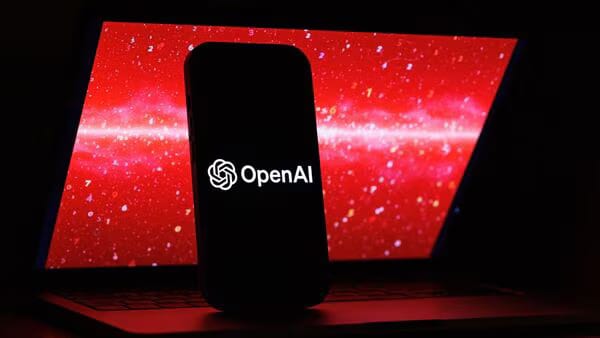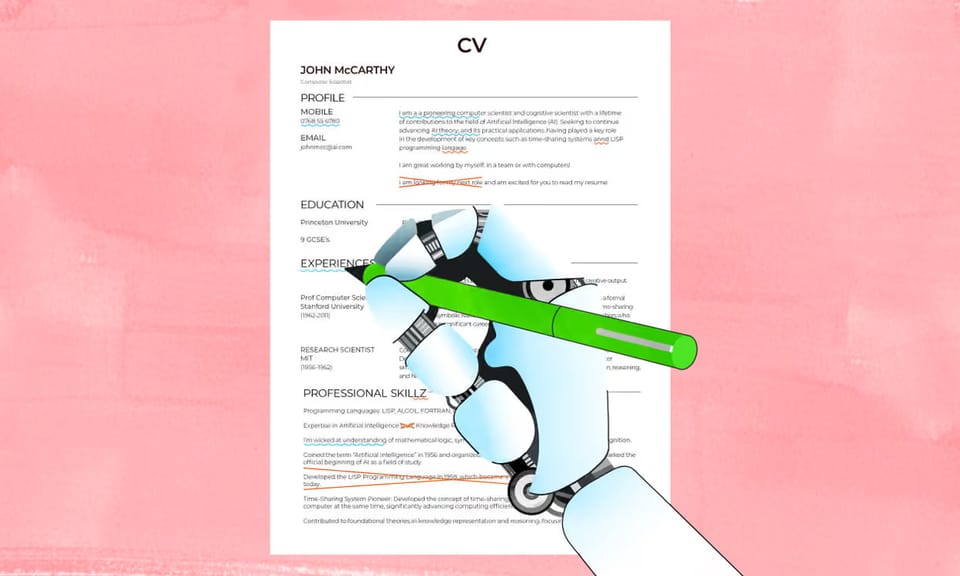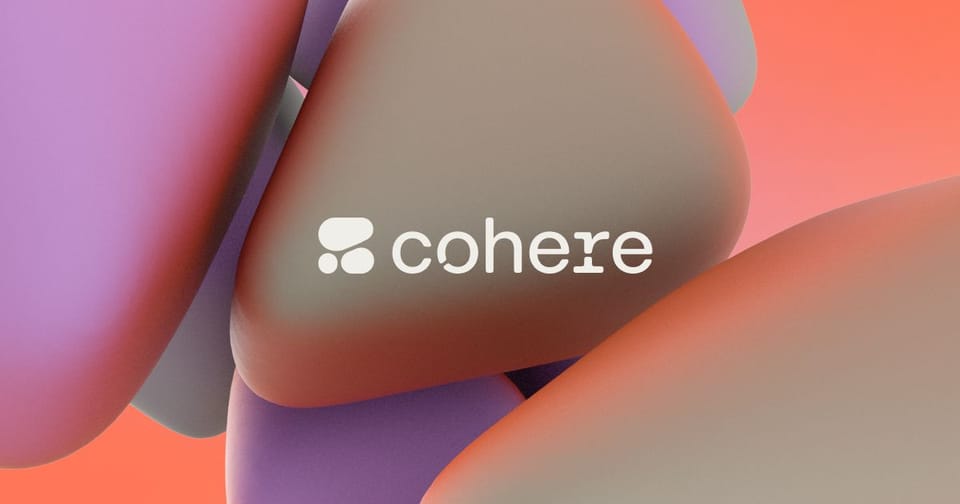Does Trump Always Chicken Out?
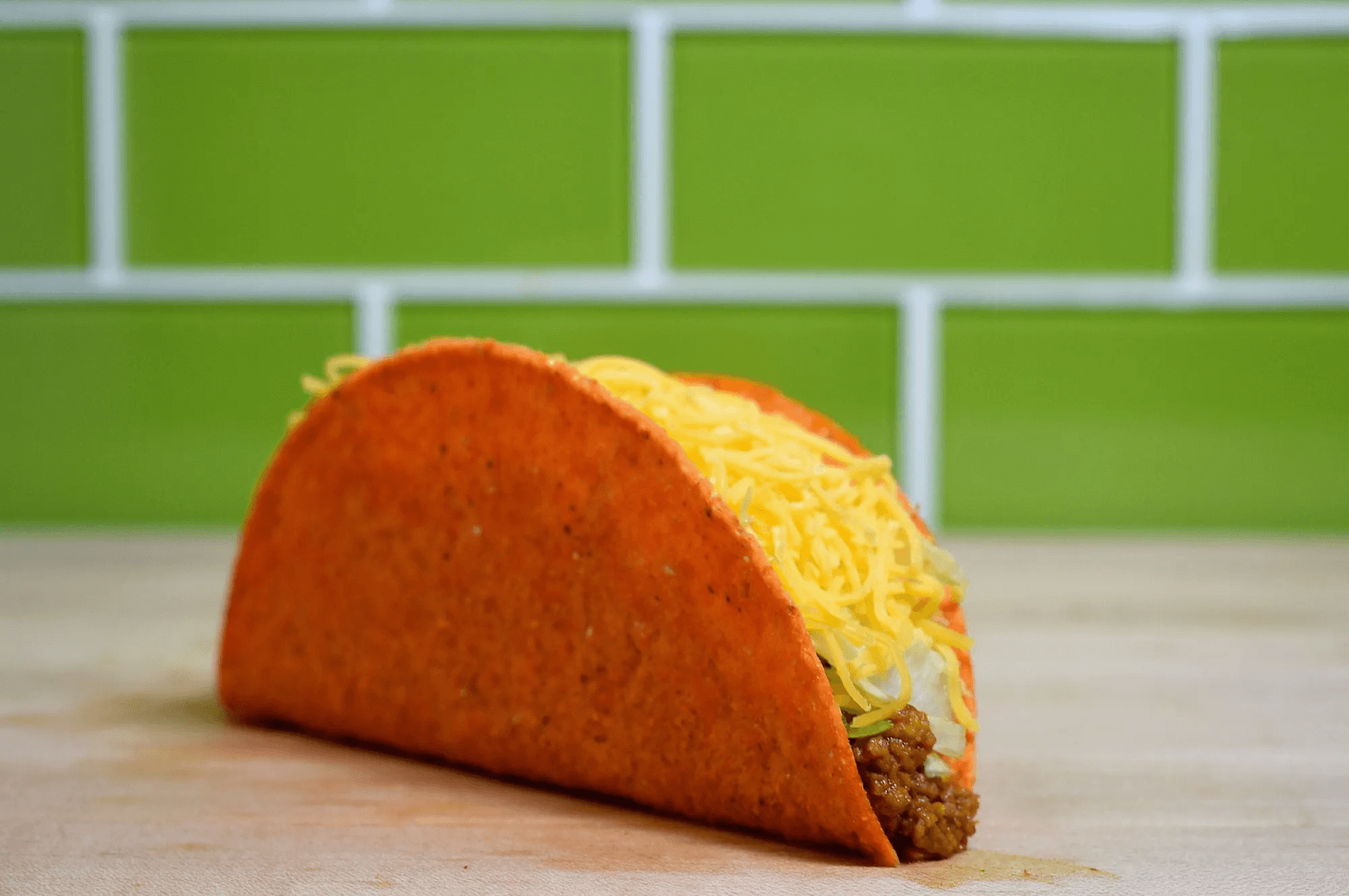

In today’s issue:
- Wall Street’s nervous about Trump sticking to his tariff threats
- Larry Hoover’s supporters push for his freedom after 50 years in jail
- And turns out flying alone might be hitting your wallet harder than you think
Let’s dive in.
Politics
Will Investors Choke if Trump Finally Stops Chickening Out on the TACO Trade?
Briefing: Wall Street's latest buzzword is "TACO" short for "Trump Always Chickens Out." This nickname reflects a pattern where President Trump announces hefty tariffs, markets react negatively, and then he backs off, causing a rebound. But if he ever sticks to his tariff threats, investors could be in for a rough ride.
Details: The term "TACO" was coined by Financial Times columnist Robert Armstrong and has gained traction among traders and analysts. It describes the cycle where Trump's aggressive tariff announcements lead to market dips, followed by recoveries when he retreats or delays the measures. This pattern has become so predictable that some investors have adopted the "TACO trade" strategy: buying stocks during the dip, anticipating a rebound when Trump pulls back.
However, concerns are growing that if Trump decides not to "chicken out" and follows through with his tariff threats, the markets could face significant turmoil. Recent escalations in trade tensions, especially with China, have already led to market volatility. For instance, after Trump threatened a 50% tariff on EU imports, markets dipped, but they rebounded when he postponed the tariffs.
Why It Matters: The "TACO" phenomenon highlights the market's sensitivity to Trump's trade policies. While investors have adapted to his pattern of threats followed by retreats, a departure from this cycle could have serious economic implications. If Trump sticks to his tariff plans, it could disrupt global trade, increase costs for businesses and consumers, and lead to significant market downturns. Investors and policymakers alike need to be prepared for the possibility that the "TACO" cycle might not repeat itself indefinitely. (Bloomberg)
As an AI enthusiast looking at the "TACO" trade, where markets drop when Trump threatens tariffs and recover when he backs down, two important questions stand out. First, can AI accurately predict when Trump might actually follow through with tariffs? AI tools that analyze social media sentiment, especially on platforms like X, have shown potential in forecasting market trends based on political statements. For example, models using tweets have successfully anticipated stock market movements. (arxiv.org)
Second, could AI-driven trading make markets more unstable if Trump actually imposes tariffs? Yes. AI trading systems react instantly to news, and sudden policy changes can lead these systems to amplify market swings. There's concern these systems could trigger a chain reaction during volatile times, making price movements even more extreme. (Reuters)
Legal
Should Larry Hoover Get a Second Chance After 50 Years Behind Bars?
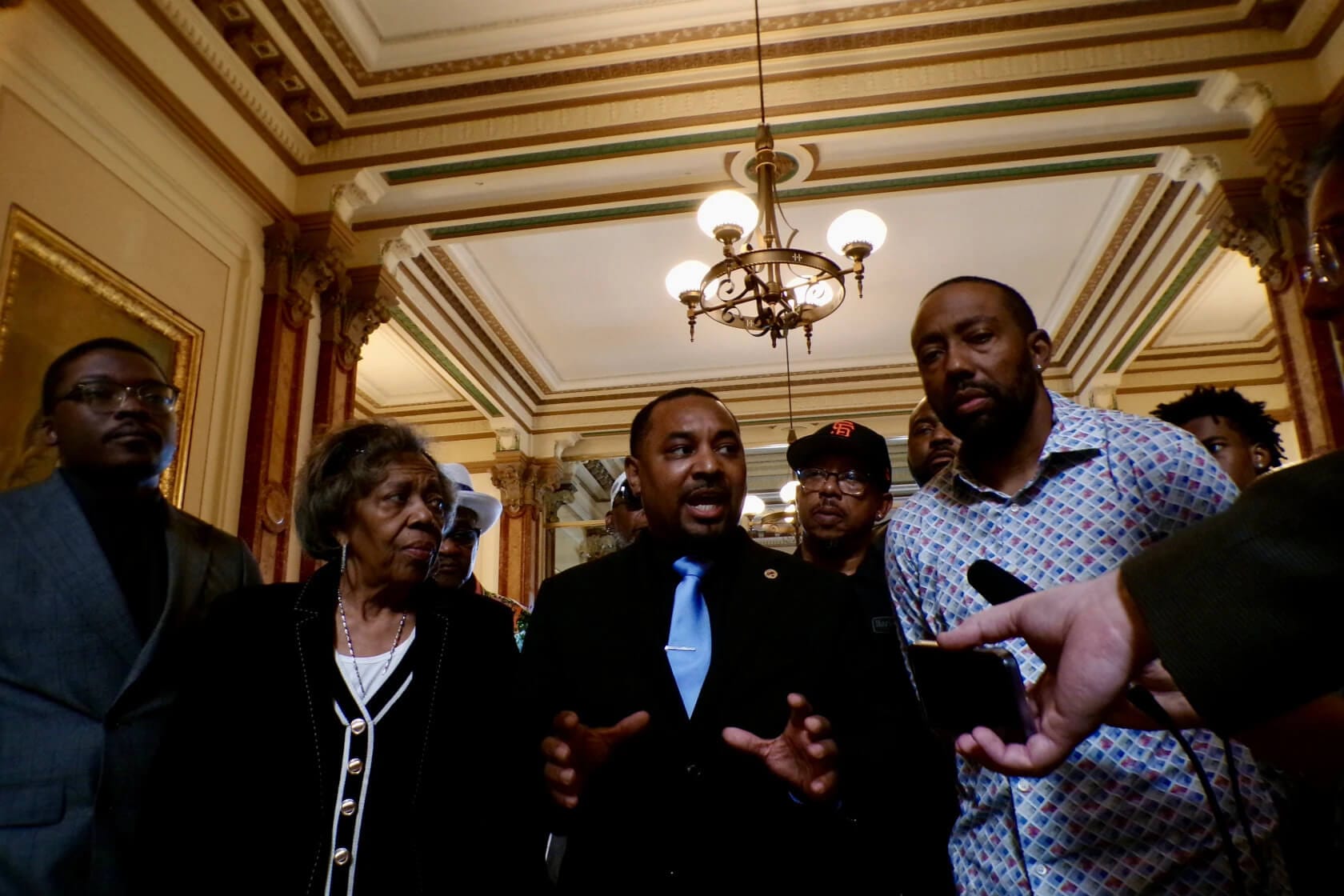
Briefing: Larry Hoover, co-founder of the Gangster Disciples, had his federal life sentence reduced by President Trump. However, he remains incarcerated due to a separate state sentence for a 1973 murder. His family and supporters are now urging Illinois Governor JB Pritzker to show him mercy and shorten his sentence.
Details: Hoover, 74, was convicted in 1973 for ordering a gang-related murder and received a 150 to 200-year state sentence. While serving time, he continued to lead the Gangster Disciples, expanding its influence. In 1997, he was convicted on federal charges, including running a criminal enterprise from prison, leading to a life sentence. President Trump's recent reduction only affects the federal sentence; the state sentence remains.
Hoover's family, including his wife and son, met with Governor Pritzker's office, expressing hope for mercy. They argue that Hoover has reformed, renounced gang affiliations, and poses no threat to society. Several state lawmakers support this plea, highlighting Hoover's age and health concerns.
Why It Matters: This case underscores ongoing debates about criminal justice reform, rehabilitation, and the potential for second chances. The decision on Hoover's sentence reduction could set an example for how long-term inmates seeking redemption are treated. (Chicago Sun-Times)
Can AI reliably assess rehabilitation and the risk of reoffending, and how can AI ethically support parole decisions for long-term inmates? AI tools like COMPAS already evaluate the chance of returning to crime using extensive data, yet concerns persist over biases against minorities and lack of transparency (COMPAS, Wikipedia). Ethically, AI should assist, not replace human judgment, ensuring fair, transparent, and individualized parole assessments.
Travel & Transportation
Flying Alone? You Might Be Paying More, But Why?
Briefing: Solo travelers are finding that flying alone often costs more than flying with a companion. A recent analysis shows that airlines are charging higher per-person rates for single passengers compared to those booking in pairs.
Details: The study examined various domestic and international flights and discovered that solo flyers frequently pay more per ticket. For instance, a round-trip flight from New York to Los Angeles might cost $250 for a single traveler, while two people booking together could pay $230 each. This pricing discrepancy is due to airlines' changing pricing models, which adjust fares based on demand and booking patterns.
Why It Matters: With the rise of solo travel, especially among younger generations, this pricing trend could discourage individuals from traveling alone. Understanding these fare structures can help solo travelers make more informed booking decisions and potentially save money. (USA Today)
Recent investigations have revealed that major U.S. airlines, including Delta, United, and American, are using flexible pricing strategies that result in solo travelers paying significantly more for certain one-way domestic flights compared to those booking in pairs or groups. For instance, a United Airlines flight from Chicago to Peoria was priced at $269 for a single traveler, while the same flight cost $181 per person when booked for two passengers.
This practice appears to stem from algorithms that segment customers based on perceived willingness to pay, often targeting solo travelers who are frequently business travelers as less price-sensitive. While flexible pricing is a common revenue management tool, its application in this context raises ethical concerns about fairness and transparency.
Critics say unclear pricing strategies can hurt customer trust, especially if price differences aren't clearly shown when booking. As AI continues to influence pricing models, there is a growing call for implementing explainable AI techniques to ensure that pricing decisions are transparent and fair, thereby maintaining consumer confidence and trust. (Straight Arrow News)
*Disclaimer: The content in this newsletter is for informational purposes only. We do not provide medical, legal, investment, or professional advice. While we do our best to ensure accuracy, some details may evolve over time or be based on third-party sources. Always do your own research and consult professionals before making decisions based on what you read here.

